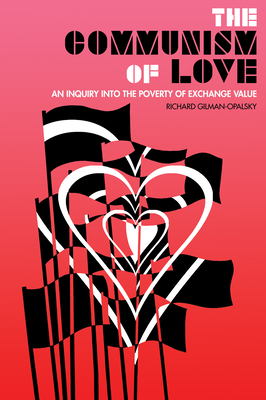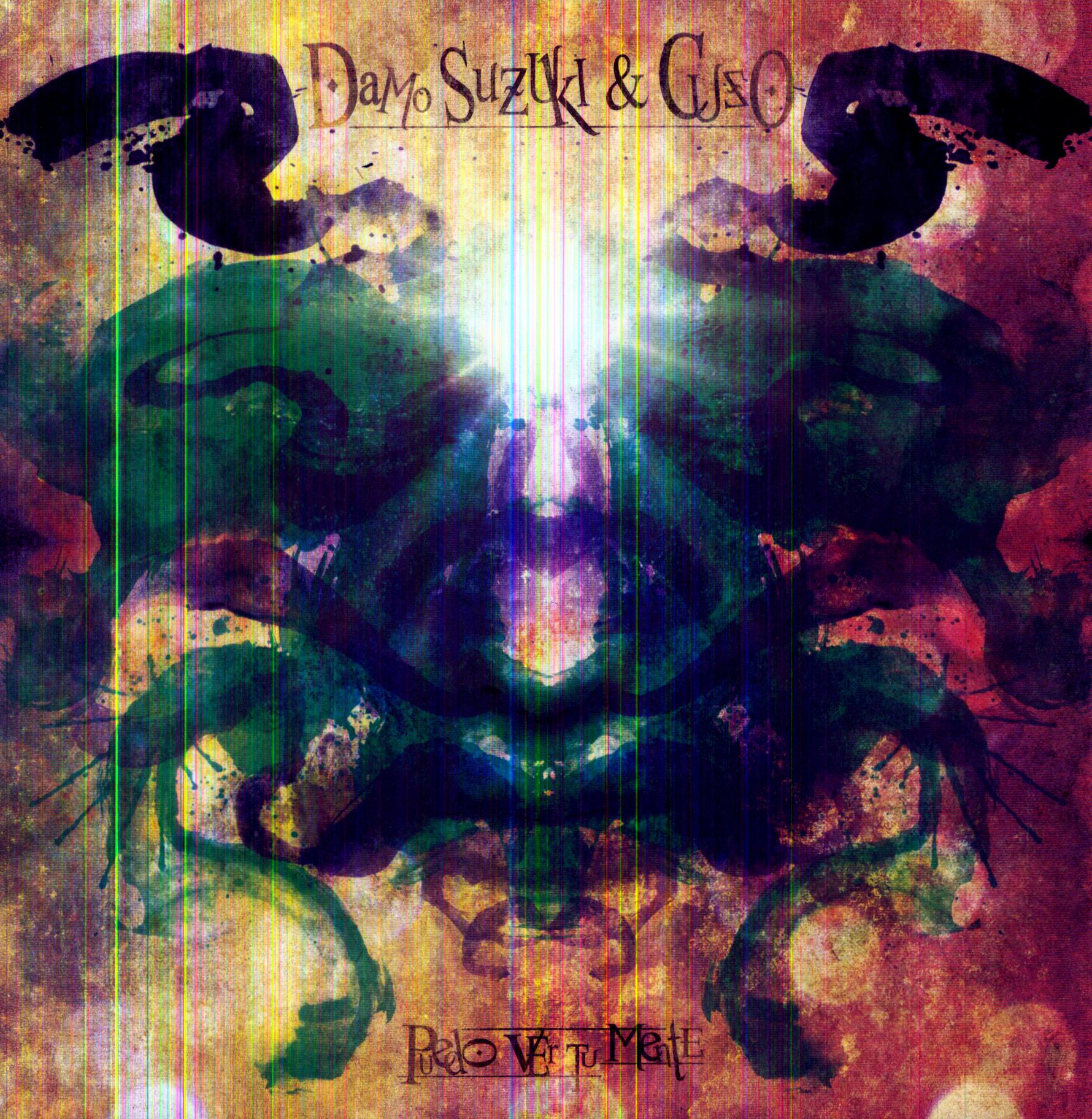
Gilman-Opalsky, Richard
product information
description
l and sustaining force in our lives. And that it's under constant threat. Exploring the meanings and powers of love from ancient Greece to the present day, Richard Gilman-Opalsky argues that what is called "love" by the best thinkers who have approached the subject is in fact the beating heart of communism--understood as a way of living, not as a form of government. Along the way, he reveals with clarity that the capitalist way of assigning value to things is incapable of appreciating what humans value most. Capitalism cannot value the experiences and relationships that make our lives worth living and can only destroy love by turning it into a commodity. The Communism of Love follows the struggles of love in different contexts of race, class, gender, and sexuality, and shows how the aspiration for love is as close as we may get to a universal communist aspiration.
member goods
No member items were found under this heading.
Return Policy
All sales are final
Shipping
No special shipping considerations available.
Shipping fees determined at checkout.







